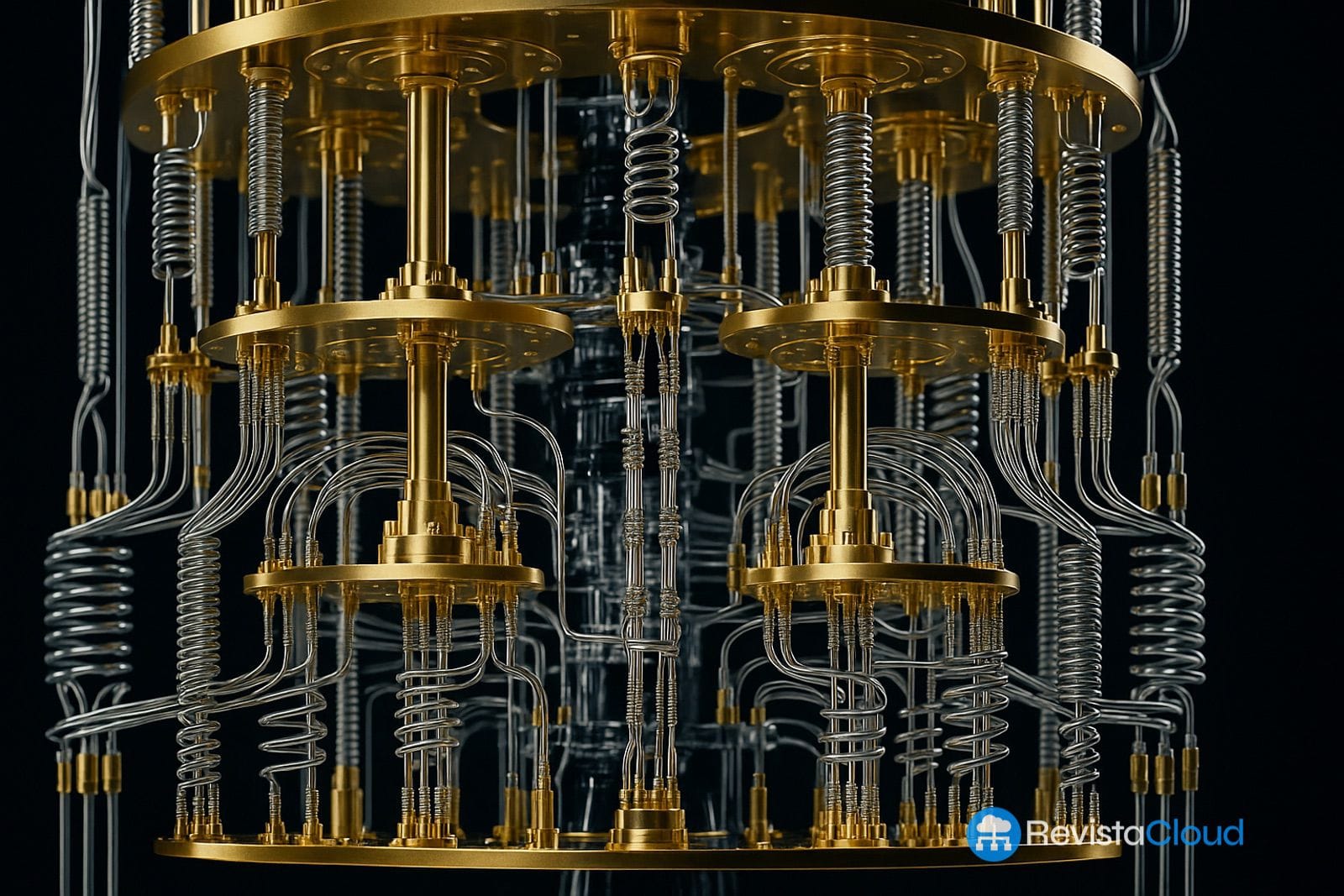The company strengthens the global quantum ecosystem by integrating artificial intelligence, supercomputing, and cutting-edge quantum hardware.
At COMPUTEX 2025, NVIDIA presented new advancements in its strategy to accelerate quantum computing, announcing partnerships with manufacturers and supercomputing centers in Taiwan and Japan. The company aims to shape a new generation of accelerated quantum supercomputers that combine the potential of quantum hardware with the power of artificial intelligence.
Global Quantum Ecosystem with a Focus on Taiwan
NVIDIA collaborates closely with companies such as Compal and Quanta, as well as the National Center for High-Performance Computing of Taiwan (NCHC). This synergy aims to solve high-level computational challenges, from large-scale logistics optimization to molecular simulation for in-silico drug design.
One of the notable innovations is the Compal CGA-QX platform, based on NVIDIA CUDA-Q, which has already been adopted by Taiwan’s National Science and Technology Council. This platform will enable university researchers to simulate quantum optimization algorithms, accelerating academic and industrial development.
Meanwhile, Quanta has started using state vector simulations in CUDA-Q to validate the operation of its real quantum hardware, including noise analysis and performance evaluation in specific tasks.
The New Quantum Supercomputer from NCHC
Another key announcement was the new supercomputer from NCHC, built by ASUS. This machine will consist of:
- More than 1,700 NVIDIA GPUs in HGX H200 configurations.
- Two NVIDIA GB200 NVL72 rack-scale systems.
- One HGX B300 system, based on the new Blackwell Ultra platform.
- NVIDIA Quantum InfiniBand interconnect network, with low latency and high bandwidth.
This supercomputer will be operational throughout 2025 and will allow more than 20 companies from the Taiwanese National Quantum Team to develop solutions that combine AI and quantum computing, covering areas such as computational chemistry, machine learning, and quantum physics.
Japan Also Bets on the Quantum-AI Hybrid Model
In Japan, the National Institute of Advanced Industrial Science and Technology (AIST) has developed the ABCI-Q supercomputer, considered the most powerful in the world focused exclusively on quantum workloads. This system features over 2,000 NVIDIA H100 GPUs and is integrated with quantum processors from Fujitsu, QuEra Computing, and OptQC.
NVIDIA’s Vision: Integrating AI and Quantum Computing
For NVIDIA, the future of computing lies in the total integration of quantum processors into AI supercomputers. The CUDA-Q platform already allows researchers to simulate low-noise quantum environments, experiment with quantum error correction codes, and advance towards the practical hybridization of both technological paradigms.
These initiatives will be part of the presentations and demonstrations at the NVIDIA GTC Taipei, taking place on May 21 and 22. The company hopes that access to increasingly powerful quantum-AI platforms will accelerate discoveries with impacts in critical areas such as medicine, materials science, and energy sustainability.
via: Nvidia

